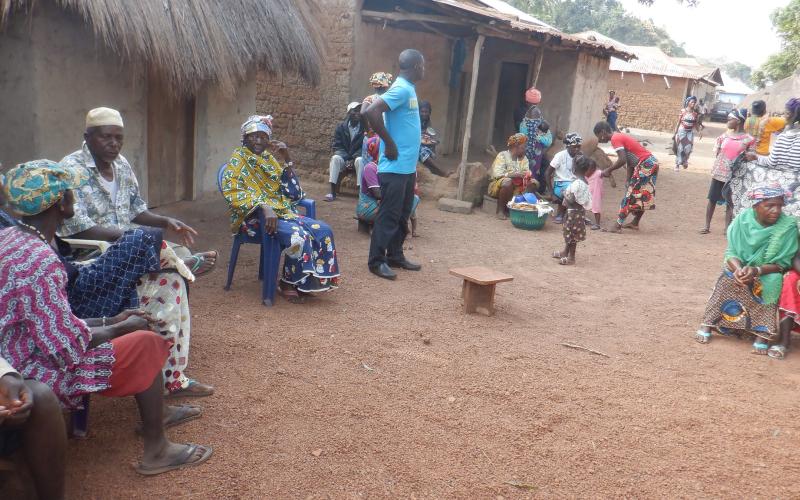
President Nkurunziza is Not Burundi’s Only Problem
Megan Foster
Burundi has shown up in my news feed more often than usual the past few weeks: protests against the president seeking a third term, rumors of a coup, an attempted coup, firing of top officials, military crackdowns on potential dissidents, and even a statement by President Nkurunziza that Burundi is under threat from Somali terrorist organization al Shabab. However, these headlines distract us from one of Burundi’s most significant problems, land. Land is extremely scarce and it is not only the cause of numerous violent conflicts and outbursts but is detrimental to development and economy.
An article in the March/April edition of Foreign Policy provided incredible insight into these issues. The most fundamental causes of these particular conflicts are rooted in land scarcity and overpopulation. Women in Burundi have as many as 6.3 children compared with the 2.5 percent international rate. Part of this comes from a strong Catholic presence and history resulting in lack of family planning awareness or acceptance. In addition, a great deal of Burundians sustain themselves and make their living through farming. This means that the livelihood of most families is dependent on land ownership.
Other factors further complicate things such as the 1993-2005 civil war that displaced about half a million people. When they return to Burundi intending to go back to their home and property, often another family has purchased or taken over the land. There is a lack of effective institutions to mediate the disputes and violence often erupts. The United Nations claims that about 85 percent of disputes that are brought to Burundian courts are related to land.
There is a pressing need for multiple actions: diversification and development of the economy, stronger systems to handle land disputes, and family planning. If more Burundians could make their living in other industries, the importance of land ownership may diminish. If there are disputes, strengthened institutions should handle them more effectively so that violence is not the most lucrative way to deal with them. Lastly, women and families in Burundi should have access to family planning options and campaigns should be implemented so that contraception is not taboo or shameful. The problems surrounding President Nkurunziza will resolve in one way or another, hopefully without violence, but Burundi has other pressing problems as well.
http://foreignpolicy.com/2015/03/27/the-blood-cries-out-burundi-land-conflict/
Photo credit: Foreign Policy

